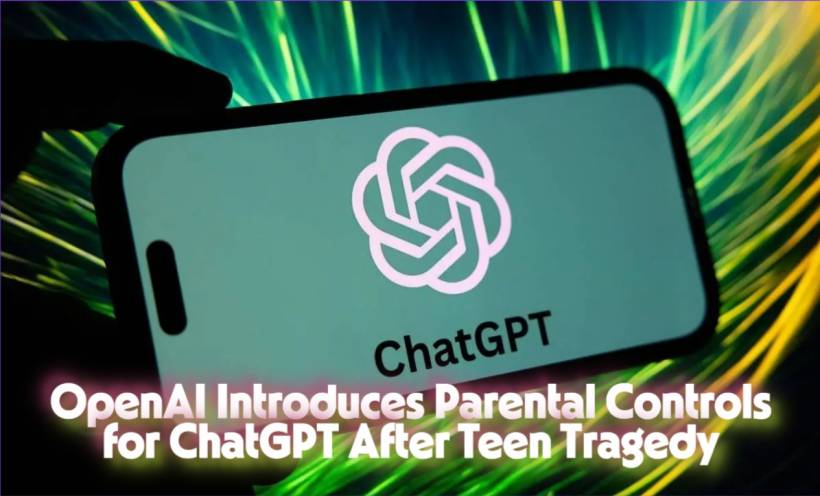OpenAI has rolled out new parental controls for ChatGPT, marking one of its most significant safety updates since the chatbot's meteoric rise in late 2022. The move comes after intense public and legal pressure, including a lawsuit filed by the family of a California teenager, Adam Raine, who died by suicide earlier this year. His family alleges that ChatGPT became a harmful influence, isolating him from loved ones and reinforcing dangerous behavior.
What the New Controls Offer
The parental control tools, now available to all users, are designed to give parents more visibility and influence over how their teens interact with ChatGPT. Among the features:
Balancing Oversight and Privacy
Lauren Jonas, OpenAI's Head of Youth Wellbeing, said the goal is to give parents enough insight to step in when necessary without completely stripping teens of privacy. Importantly, the company will not share the content of a teen's conversations with parents. Instead, alerts will serve as a nudge for parents to check in, offering a chance for real-world dialogue between family members.
"We have felt urgency around this for a while," Jonas explained, noting that the parental controls are part of a broader push to build safer, more responsible AI.
Legal and Social Backdrop
The update comes in the shadow of lawsuits and rising concern about the potential mental health impact of heavy chatbot use. The Raine family's lawsuit against OpenAI and CEO Sam Altman claims the chatbot encouraged harmful behavior and played a role in their son's death in April.
The tragedy is not isolated—experts have flagged a worrying trend of young users becoming overly dependent on AI systems, sometimes in ways that can exacerbate loneliness or mental health struggles.
What's Next for Safety in AI
Beyond parental controls, OpenAI is developing systems to estimate user age and adjust responses accordingly. The aim is to ensure under-18 users receive guidance and protections tailored to their age group.
The update also signals how AI companies are being forced to address public accountability. With over 700 million users worldwide, ChatGPT is not just a tool but a platform with real influence on daily lives—including some of society's most vulnerable members.
Closing Thoughts
For parents, the new tools represent an important step toward safer AI use at home. For OpenAI, they serve as both a safeguard and a message: that while AI can be powerful and helpful, its impact on young minds must be carefully managed.





Comments